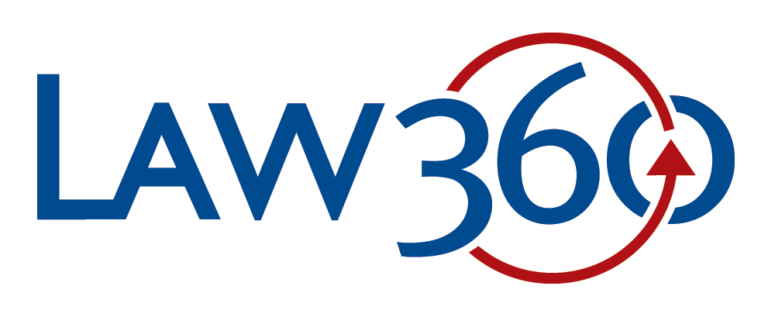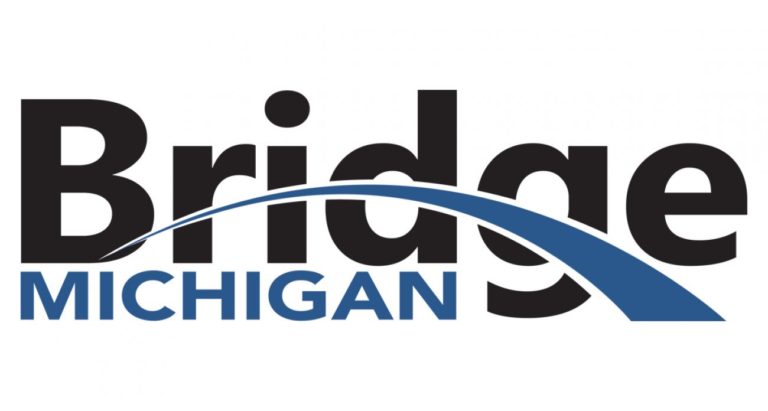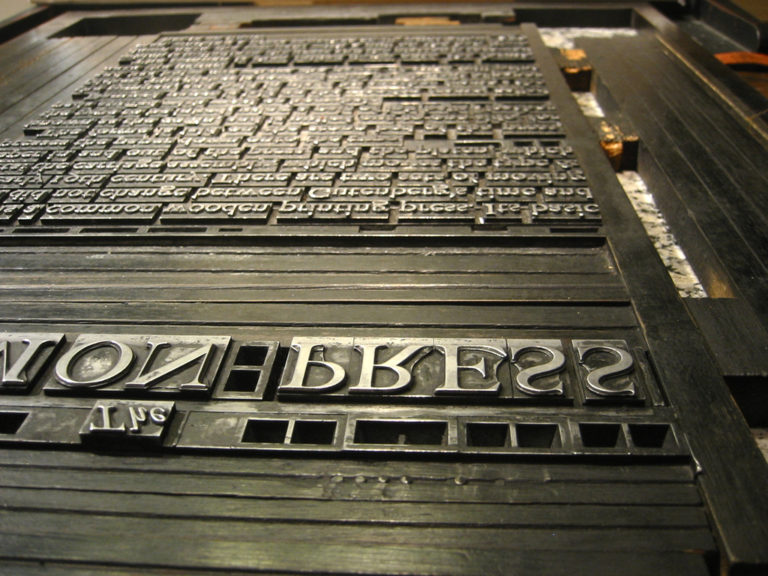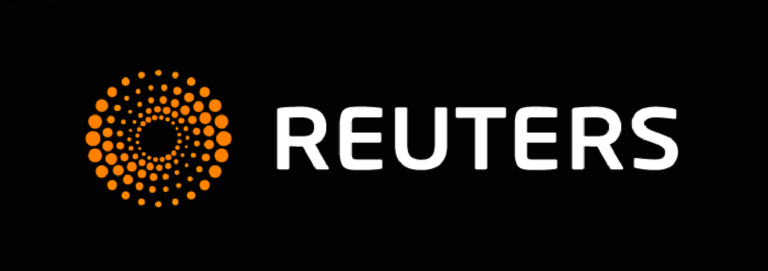Law360 coverage of HLLI settlement in Stericycle Securities Litigation
Law360's covers the conclusion of the Stericycle litigation, where HLLI represented an objector who successfully won vacatur of an excessive $11.25 million fee award in the Seventh Circuit.







